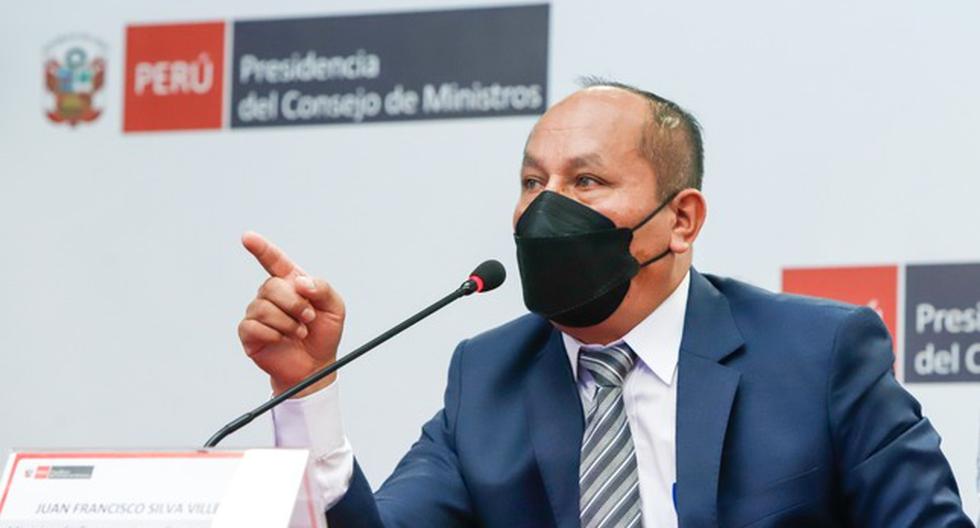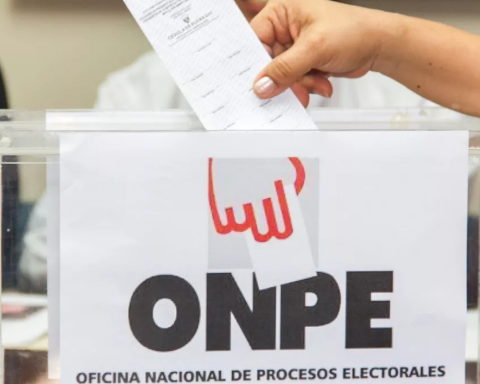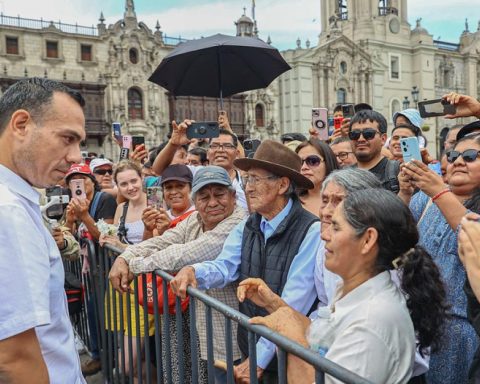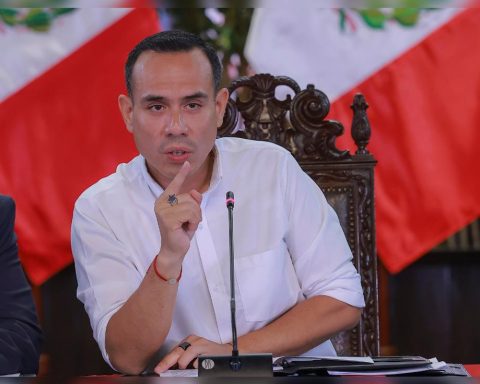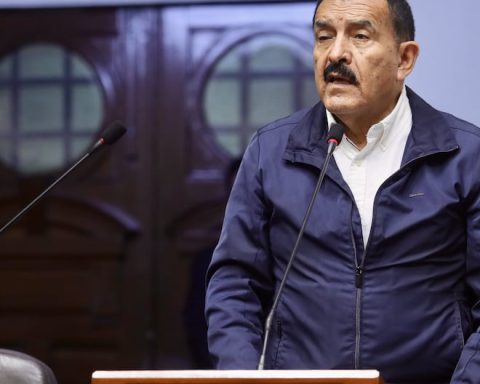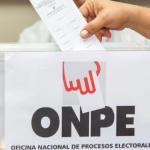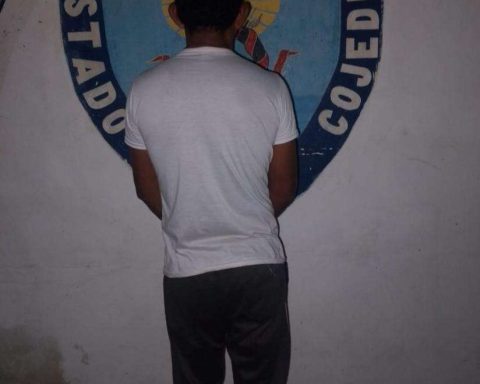The fight against informality in the country is not going through a good time and less in transport, where the situation has become even more critical in recent years and where the spotlights do not stop pointing to the management of the current head of the Ministry of Transport and Communications (MTC), Juan Silva Villegas, who has been seriously criticized for launching the initiative to register informal collective taxis. How much does the informality of transport promoted by the MTC cost Peruvians?
The short answer is almost S/30,000 million a yearaccording to an estimate by the Automotive Association of Peru (AAP), with data as of 2019. However, informality is a much more complex problem and, although it impacts all citizens, it does so especially in those with the least income.
Strong impact
This last aspect is explained by the transport expert and president of the NGO Luz Ámbar, Luis Quispe Candia: “This affects the average citizen in several aspects. It affects your economy because you have to take two, three or even four vehicles to reach your destination, because sometimes you take two buses, a bus and a train. If we had a formal and integrated transport, I could make free transfers”.
Loss of time is another factor that impacts the lives of Peruvians. In this case the ‘price’ paid by citizens is measured in hours. “There is an average two-hour minimum delay in travel time, and the longer the journey, the more expensive it can be. Those who live on the outskirts have to take a motorcycle taxi to reach their destination or even walk. The time they lose from their lives when traveling is irretrievable, ”he remarks, clarifying that the poorest citizens are the ones who are ultimately most affected.
In the case of Metropolitan Lima, if the figures of the National Institute of Statistics and Informatics (INEI) with data to 2020 are considered, 27.5% of the capital is in a situation of poverty, this being the most vulnerable group to the effects of informal transport (but not the unique). In other words, 3 out of 10 Limeños.
In this sense, the representative of Luz Ámbar considered that there are contradictions between the policy observed from the MTC and the alleged intention of the Pedro Castillo government to favor the poorest, who would precisely benefit from the transport reform.
“The little progress that has been made on the reform has not only been stopped, but there is also the danger that combis and coasters will be granted 10 more years (of circulation), which will delay the ATU from continuing to advance. It is worrying the fact of having authorized the collective cars and that the accident rate continues to increase”, he warned.
On the other hand, the general manager of the AAP, Adrián Revilla, adds that the informality in transport has been deteriorating the quality of life of Peruvians “and even worse that of the poorest”.
“The use of small vehicles, such as combis or buses, generates more traffic. Instead, measures should be taken to promote the use of large vehicles with greater passenger capacity and less use of the roads, resulting in less congestion. Another problem to face is that the vehicles that are used as collective taxis are the oldest, they are not vehicles prepared for the intensive use that they are given today and whose technology has already been improved with more modern vehicle models and therefore they are more pollutants and in general they do not adequately comply with technical revisions”, highlighted Revilla.
the untouchable
Although Silva is known for promoting the registration of informal groups, his ‘fame’ also responds to the fact that he is the irremovable minister of peter castle. However, his endorsement would not only be the Head of State, but also the Legislative Power itself. Panorama revealed emails that the general secretary of the MTC, Nicolás Bustamante, sent to the head of Decentralized Provías to give ‘priority’ to certain specific investment projects. This in the midst of a hypothesis raised by Congresswoman Susel Paredes, who is promoting a motion of censure against Silva.
According to the parliamentarian, the reason why her colleagues turn a deaf ear to the minister’s questions would be because he would give the green light to investment projects in the legislators’ regions.
The Sunday program also released a complaint addressed to Bustamante made by a coordinator in charge of the evaluation and monitoring of Provías projects. In her official letter, the official indicated that she is the victim of harassment with the intention of forcing her to comply with projects directed by the Secretary General. She also denounced that these projects have expired and do not have technical files or environmental certification.
Data:
-“A comprehensive solution to these problems does not involve leaving carriers, whether formal or informal, free will on the country’s roads, since the victims of this chaos are the citizens,” says Revilla.
-The vehicle fleet is made up of more than 3 million vehicles.
